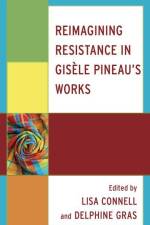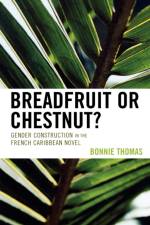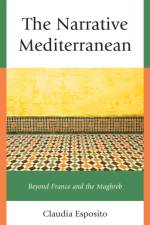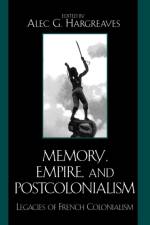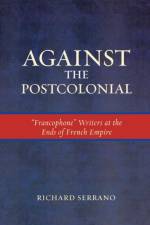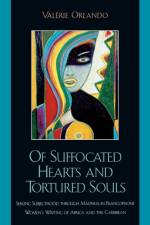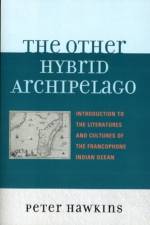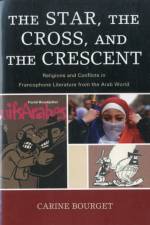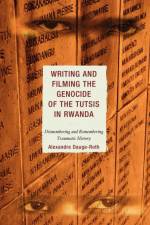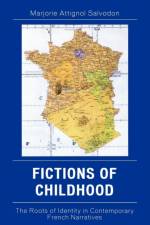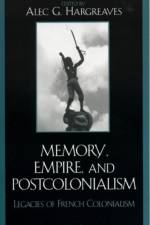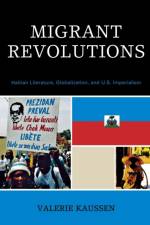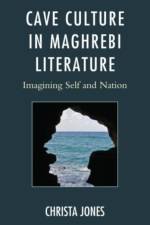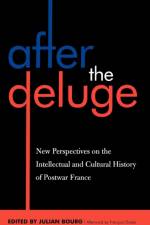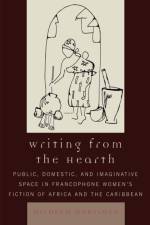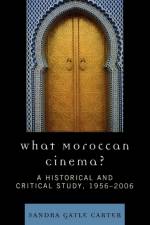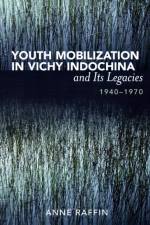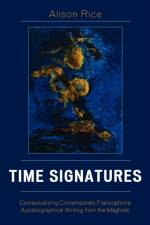- Religions and Conflicts in Francophone Literature from the Arab World
av Carine Bourget
607 - 1 827
The Star, the Cross, and the Crescent analyzes fiction, films, comics, autobiographical narratives, and essays by Francophone Arab writers whose Christian (Accad, Antaki, Chedid, Maalouf), Jewish (Albou, Cixous, El Maleh, Memmi), Muslim (Bachi, Benaissa, Benguigui, Ben Jelloun, Boudjedra, Boudjellal, Meddeb, Mimouni), and secular (Sebbar) backgrounds are emblematic of the diversity of the Francophone Arab world. It examines how these writers represent the intertwining of religion and politics against the backdrop of the current international political context and the resurgence of religion. Focusing on a series of disputes commonly framed in religious terms (with Islam as the common denominator for all: the Arab-Israeli conflict, the Lebanese and the Algerian civil wars, the affair of the Muslim headscarf in France, and 9/11), this book questions the effectiveness of the Francophone studies model in providing insights into the complexity of the Islamic Revival. The study concludes by unpacking the influence of politics on the translation of these works in the U.S. It brings heightened awareness to the modalities according to which a creative work can serve as a cultural mediator.

